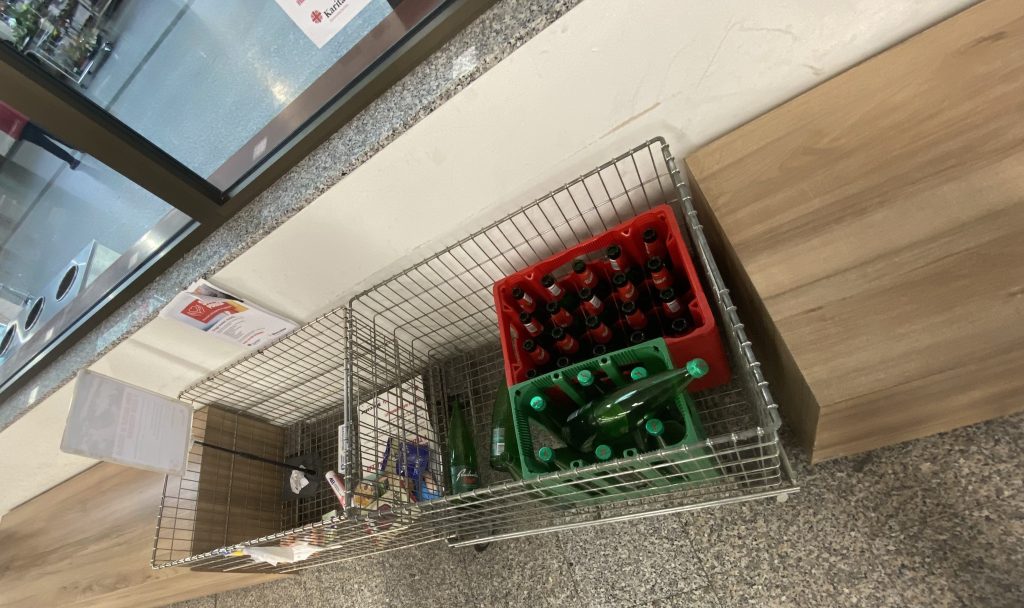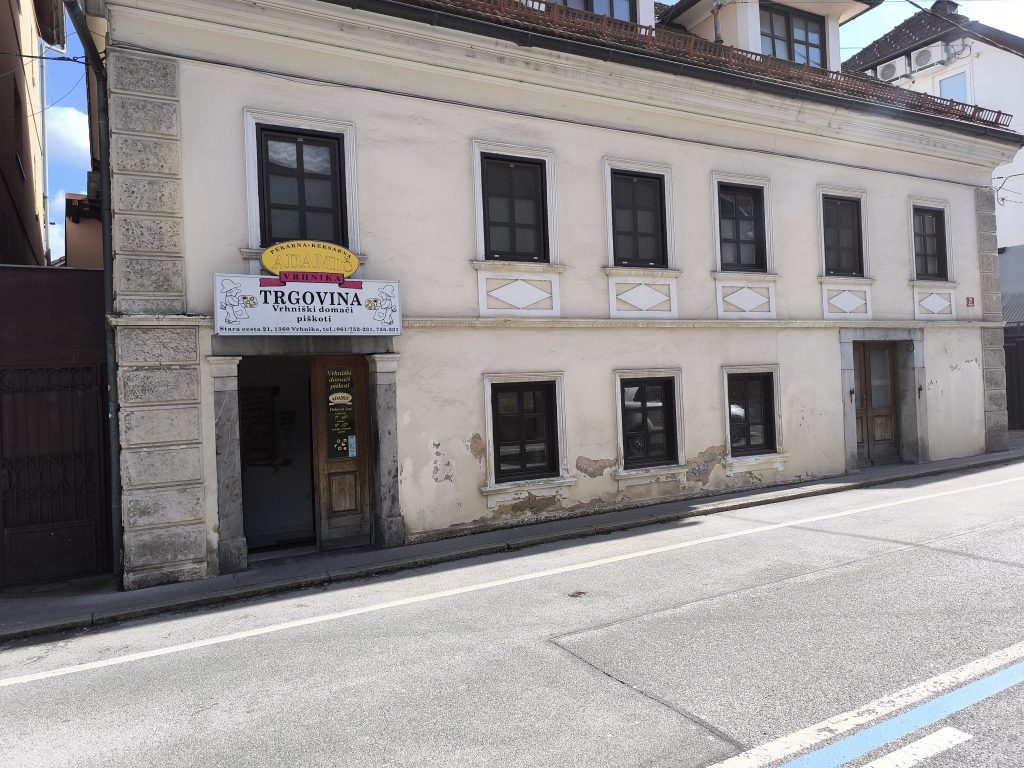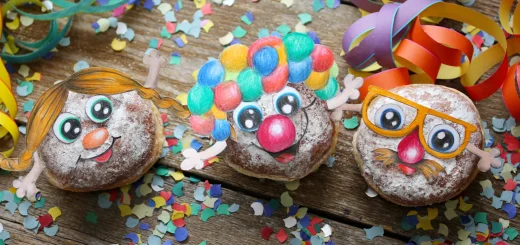Interviews about the Environment, 8th Grade
In February and March 2025, we made interviews in our school and some shops and companies. With the help of a student’s parent, we were also able to contact the Ministry of Environment, Climate, and Energy of Slovenia. We did all this to see how the participants in the interviews address environmental issues.
School
We have involved students in eco-projects such as Plastic Pirates, rubbish sorting, eco-reading, and cleaning the school surroundings.
From time to time, the school organizes workshops on environmental topics. Students work in the school garden and take care of compost for fertilizing. The school also offers courses on beekeeping. We participate in activities such as weighing food waste. Additionally, the school contributes to clothing exchange projects, where children bring their used clothes to be given to children in need.
The school uses digital materials to reduce paper and ink consumption.
Shops
We found that stores already implement sustainable practices such as donating food, selling biodegradable bags and packaging, collaborating with local producers, separating waste, and using reusable packaging. Shops also donate a lot of food and goods to charities such as the Red Cross. They encourage people to minimize waste by bringing their own bags and returning bottles.
However, there is still room for improvement. For example, shops offer items that can be used, but customers do not necessarily need them. We also found that not all shops implement all the activities mentioned above.
Companies
Companies try to reduce waste as much as possible. They mostly use reusable materials in their business models. They also monitor the amount of waste they produce and try to decrease it.
Most companies attempt to reuse everything they produce, especially in food production, so that nothing is thrown away. Companies also try to use recycled materials to simplify the production process and reduce waste. They collaborate with other companies to reuse materials and improve efficiency. Companies send toxic substances (like batteries) to recycling centers.
Additionally, companies offer warranties to their customers, encouraging them to repair goods instead of throwing them away.
Ministry
The Ministry of Environment, Climate, and Energy of Slovenia follows the Sustainable Development Goals and includes them in its development strategy. The ministry focuses on reducing food waste at home since about 45% of food waste occurs there.
Slovenia has a project called CARE4CLIMATE, which educates people about food waste and ways to reduce it.
Conclusion
Through this project, we have learned about environmental protection and how we can all contribute to a more sustainable way of living.
Maj Golob Frank, 8 C
In the pictures, you can see returned bottles in a shop (photo by Zarja Merlini Mašič) and the Adamič Cookies house (photo by Žan Tkalec).
The link to unedited interviews
Povezava do nelektoriranih intervjujev






